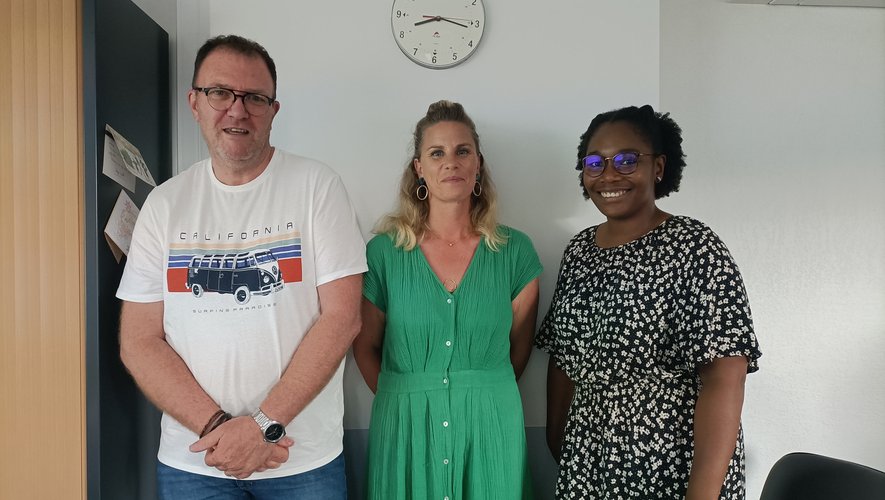This is the 8th group. The Camille Miret Institute offers training to relatives of a person with schizophrenia or related disorders. This is ProFamille: a long psychoeducational program to train those around patients and enable them to better understand the disease on a daily basis.
“When I told my son that I was going to do the program, he was super happy. He said to me: it’s not because I’m sick that you have to get sick”. This is what motivates relatives of people with schizophrenia to join the ProFamille program. In the Lot, it has been offered in Cahors, by the Camille Miret institute, for 8 years. This Monday evening, an information meeting on this training was offered at the Daris (Outpatient Rehabilitation and Social Inclusion Device) before a new session begins. A dozen present were present: those who wanted to join the program and “old” who came to testify about their experience.
Coping with illness
But, first, what is ProFamille? Three facilitators explained it in detail: Ouleye Koulibaly, social worker, Céline David, nurse and Pascal Razat, center coordinator. Faced with schizophrenia, loved ones can feel helpless, lost and sometimes they can feel shame. Professionals immediately want to reassure: “1% of the population is affected by schizophrenia, that is to say one baby in 100. And parents are not responsible for the illness of their children”. In addition, parents of children with cerebral palsy have twice as many emotional problems and 80% suffer from impaired health.
“ProFamille helps exhausted and depressed families. This concerns everyone in contact with the patient: the parent, the spouse, the brother or the sister, the uncle or the aunt…”, indicates Céline David. However, the patient himself is not present. This allows families to speak a little more freely. The program consists of two modules of 18 sessions. It lasts two years. Several themes are addressed during the first wave: education about the disease, the development of relational skills, the management of emotions and the development of adapted cognitions, and the development of resources. The second is a deepening of the knowledge acquired. There are also sessions without moderators and individual revisions. “It allows you to better cope with the disease, it’s really a useful program. It’s not a discussion group, even if obviously we talk about the patient or complicated situations, but there is also theory and practice”, continues the nurse. Assessments are carried out throughout the course. Several goals: to know the thoughts and emotions of the participants, to verify the knowledge acquired, to follow the characteristics of the patient and the disease. As well as a questionnaire for the patient.
“ProFamille has been a window of hope”
Indeed, if ProFamille is a program that is good for caregivers, it is also beneficial for the person with schizophrenia. According to one study, the relapse rate is lower in patients whose families have followed a psychoeducational course. Hospitalizations are also fewer. Evidenced by this young woman who followed the Cadurcien program. “For three years, my companion has not been hospitalized. This does not mean that there is no longer a crisis, but it is better. The patient is helped, but we too need to be help,” she explains.
A statement with which all former participants agree. Many of them are mothers whose children have this disease. “My son is 31 years old. He was prediagnosed last year. I was in a hole, it was a shock. ProFamille was a window of hope. It is difficult to talk about schizophrenia, it can be fear. Often, we are wrong, we are lost… But there, we have tools to work on our gestures, our emotions, our reactions with the patient”, describes a former participant. Another believes that it allows you to learn “to be positive about all the little progress”. All claim that they were transformed after the program, and maintain that it is a program to follow absolutely when a loved one has schizophrenia.

